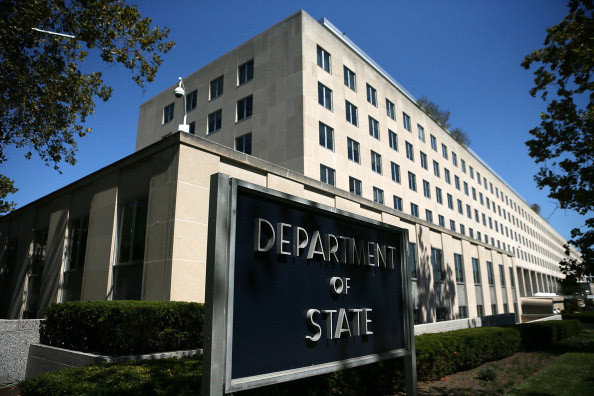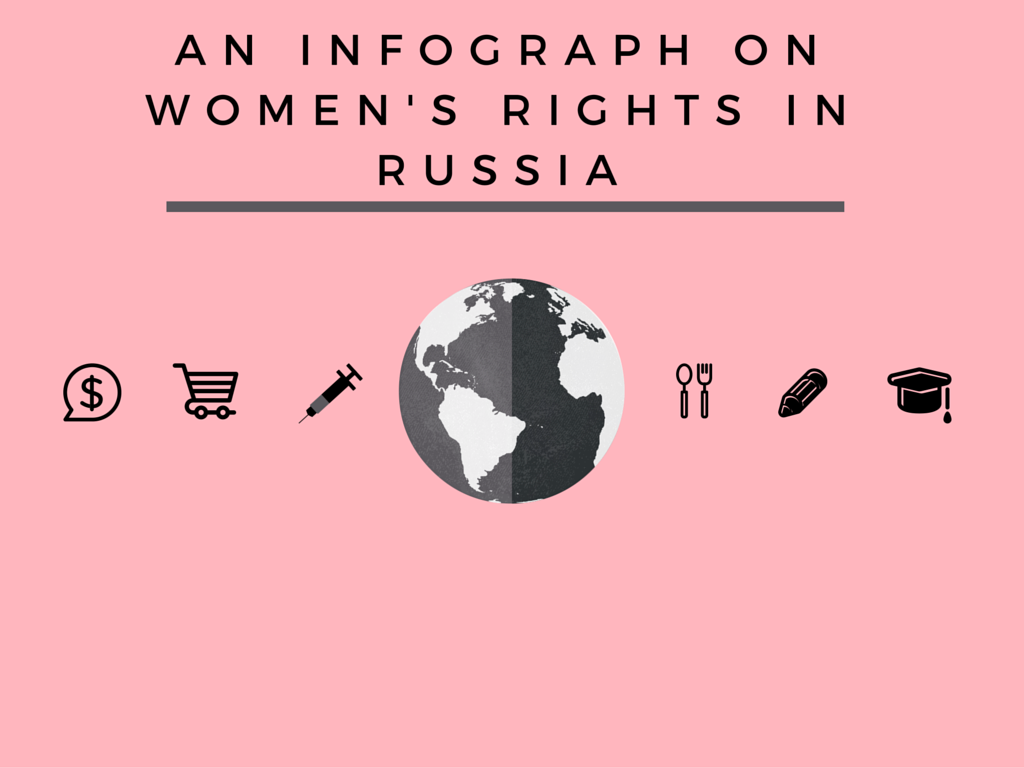As the world’s largest producer and exporter of armaments, technical data and related services, the US defense industry is governed by a rigorous defense trade controls regime. This regime incorporates comprehensive import/export regulations and policies known as the International Traffic in Arms Regulations (ITAR), which is administered by the US Department of State (DoS). This regime is meant to prevent defense-related technology transfer to individuals, organizations, and states that pose a threat to US national security. Consequently, access to US defense technology by non-US entities is contingent upon their adherence to the ITAR. Since its inception, the policies contained in the ITAR have evolved commensurate with the emergence of new security risks and human rights institutions. In spite of these changes however, the ITAR still imposes requirements that could easily be interpreted as creating friction with certain basic human rights.
Dual-National Provision
The ITAR broadly identified non-US dual-nationals (individuals without US citizenship who are citizens of at least two other countries) as credible security risks, which ultimately led to a fundamental change in the application of the ITAR to such persons. The ITAR treated the export of classified US defense data (USML items) to non-US dual-nationals employed by non-US companies as a re-export of USML items to the non-US dual-national employees’ other countries of nationality. In cases where the non-US dual-national was a citizen of a “proscribed state” (ITAR 126.1), one classified as posing a risk to US national security, such as the People’s Republic of China for instance, the DoS generally would deny export authorization.
For instance, if a US defense company intended to export USML items to a Canadian company that employed Chinese-Canadians, the DoS treated that as a transfer to both China and Canada. In the case of China, which was (and remains) under a US arms embargo, the DoS would most likely refuse the US company authorization to export USML items to the Canadian company. Alternatively, if the DoS agreed to authorize the export of USML items to the Canadian company, but did not explicitly grant access to dual-nationals working for said company, the US authorization effectively limited access to USML items to employees of the Canadian company who were Canadian citizens only.
To comply with ITAR, non-US companies receiving USML items were impelled to discriminate against their dual-national employees, banning them from accessing USML items and from participating in related defense projects. Non-US companies have been torn between adhering to the ITAR on one hand and internal accusations of nationality-based discrimination and human rights violations on the other hand. In response to lawsuits filed by non-US dual-nationals against their employer, Canadian courts ruled in favor of the plaintiffs, finding the provisions of ITAR to be in conflict with Canadian equal opportunity legislation.
In cases where non-US companies were unwilling to discriminate against their dual-national employees, but also did not want to violate the ITAR, non-US companies withdrew from joint projects with their US counterparts. This carried significant economic costs for both parties with non-US companies forfeiting access to USML items and US companies losing substantial revenue from cancelled foreign sales.
[captionpix align=”left” theme=”elegant” width=”300″ imgsrc=”http://natoassociation.ca/wp-content/uploads/2014/02/Denied-Stamp-thumb-250×215-1005.jpg”]
Furthermore, as the ITAR imposed strict prohibitions on the export of USML items even to purchasing agents of foreign governments, a number of them opted to procure defense data and technology for large-scale acquisitions from non-US sources. This resulted in enormous economic losses for the US defense industry.
The old ITAR policies significantly disrupted trade relations between US companies and non-US entities by imposing significant barriers to information-sharing and technology transfer. The ITAR was amended in 2011 to reduce export restrictions of USML items to non-US companies employing dual-nationals. US defense companies have since also begun a process of gradually phasing out ITAR-controlled components and subsystems from end-items to facilitate export to foreign end-users.
Revisions and Current Status
In August 2011, the DoS amended the ITAR to allow for the transfer of unclassified defense articles and technical data to approved non-US end-users and dual-national employees, provided they are in bona fide standing: regular employees, and directly employed by the non-US business entity (ITAR 126.18). Non-US dual-nationals not falling under the bona fide are not provided for under the exemption. The revision of explicit nationality-based discrimination in the dual-national provision, allowed bona fide dual-nationals to participate in industry projects and access sensitive defense data that they otherwise could not under the original policy.
However, under the amended provision, non-US dual nationals are still subject to screening to assess whether they pose an information diversion risk. Canada has implemented threat risk assessments (TRAs) as part of the Canadian Controlled Goods Program to ensure compliance with the ITAR. TRAs ensure that Canadian dual-nationals who work in the defense industry pass background checks and complete non-disclosure of information agreements, among other requirements. As a specific requirement, non-US dual-nationals must not maintain “substantive contacts” with individuals in proscribed countries, indicate demonstrable allegiance to proscribed countries, regularly travel to proscribed countries or present any other potential risk of diversion.
Although the ITAR’s dual-national provision has been amended, it still appears to create some friction with individual freedoms of mobility and association. Thus, there remains a discriminatory undertone contained in the policy regarding dual-nationals.




